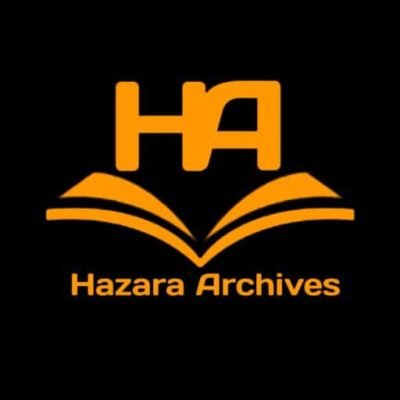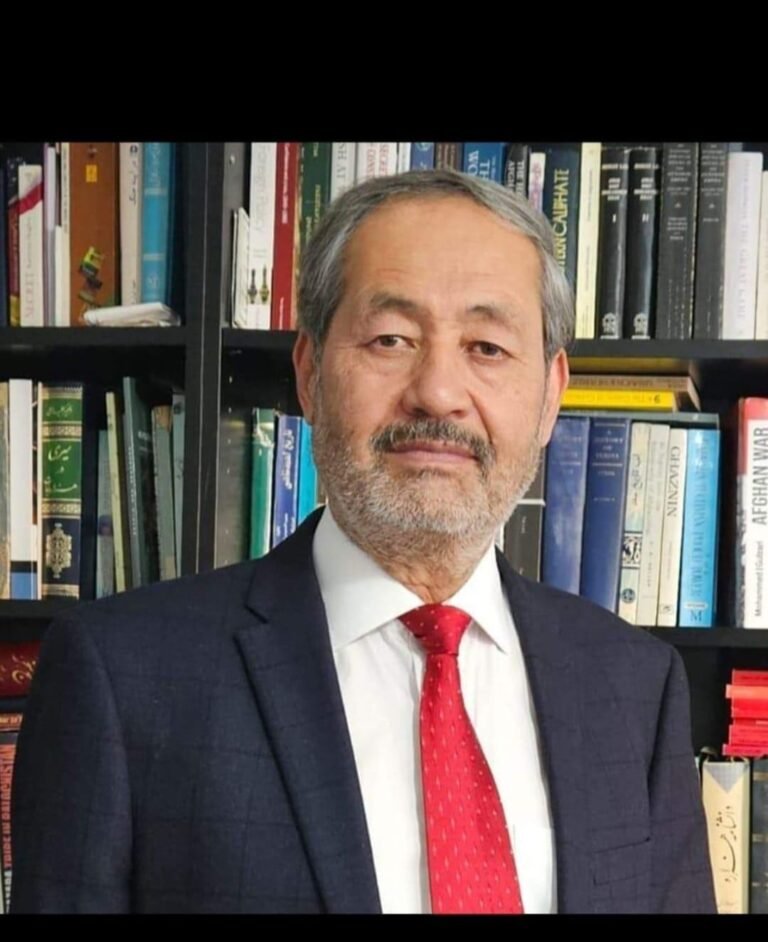about us

Hazara Archives is a non-profit educational organisation dedicated to the documentation, preservation, and promotion of the historical, cultural, and political heritage of the Hazara people.
Established in 1987, Hazara Archives functions as a digital research and preservation platform, housing a comprehensive collection of over 250,000 digital and physical materials. These include rare manuscripts, photographs, maps, books, audio-visual recordings, and archival documents, covering not only the Hazara experience but also the broader historical landscapes of Afghanistan, Iran, Pakistan.
Pakistan, and the wider Central and South Asian region.
Our mission is to safeguard endangered sources, support critical scholarship, and foster global engagement with Hazara narratives. In collaboration with academic institutions, cultural organisations, and local communities, Hazara Archives strives to ensure that the voices, histories, and contributions of the Hazara people are preserved, studied, and made accessible for future generations.
Muhammad J. Gulzari
is a distinguished historian and author specializing in the cultural, political, and military histories of Afghanistan, British India, and Persia. As the founder of Hazara Archives, he leads a vital scholarly initiative dedicated to critical documentation and research in these fields.
Research Focus & Expertise:
• Military history of Afghanistan, particularly the Second Anglo-Afghan War (1878–1880).
• The role of the 106th Hazara Pioneers in the British Indian Army.
• State-led persecution of the Hazara people (1880–1919), documented in his acclaimed trilogy (published in English & Persian).
• Military organization, forced migration, state formation, and inter-ethnic dynamics.
Key Contributions:
• Groundbreaking Archival Research: Mohammed Gulzari is renowned for extensive work in British India Office Records, Persian court chronicles, and diplomatic archives, uncovering crucial historical narratives.
• Authoritative Publications: His works, including the seminal trilogy on Hazara persecution and “The Second Anglo-Afghan War in the Eyes of the Illustrated London News,” provide essential resources for understanding ethnic persecution, imperial frontier governance, and resistance in Central/South Asia.
• Academic Engagement: A frequent international speaker, Gulzari presents at conferences and institutions worldwide, fostering critical dialogue on historical memory, marginalization, and imperial legacies. His work has received multiple awards.
Unique Strengths:
• Multilingual Scholar: Proficient in Persian/Dari, Urdu, Pashto, and English, enabling deep access to diverse primary sources across linguistic boundaries.
• Archival Specialist: Recognized expertise in interpreting 19th and early 20th-century imperial documentation from British, Indian, Afghan, and Persian archives.
Education: Bachelor of Arts (Honours) in History and Politics (Open University, UK).
Selected Major Works:
• The Second Anglo-Afghan War (1878–1880): In the Eyes of the Illustrated London News (2011): A visual and narrative analysis of the war through contemporary imperial media.
• The Hazara Persecution Trilogy:
o During the Reign of Amir Abdur Rahman Khan (1880–1901): A Collection of Declassified British Documents — Volume I: Annotated archival records detailing state repression.
o During the Reign of Amir Habibullah Khan (1901–1918): A Collection of Declassified British Documents — Volume II: Extends the documentation using diplomatic and intelligence sources.
o In the Eyes of the British Newspapers — Volume III: Analysis of British press coverage reflecting international responses to the Hazara plight.
• Genocides of the Hazara by the Taliban (2001): A documented account of targeted violence, referencing eyewitness and human rights reports.
• Personalities from Hazarajat (2013): A biographical compendium of influential cultural, political, and intellectual figures.

Through Hazaragi stories, we unveil the spirit of a people, preserving memories and traditions that transcend generations.
Articles: A regularly updated section featuring analytical essays, opinion pieces, and short research notes on key historical events, cultural transformations, and contemporary challenges. Contributions are selected for their scholarly value, clarity, and relevance to ongoing discourse.A digital collection of primary sources including manuscripts, correspondence, official records,
Discover the legacy and pride woven into every moment. At the Hazara Archive, we celebrate the history, resilience, and achievements of the Hazara people through stories that shine across generations.
Located in the heart of the city, the Hazara Archive stands as a symbol of pride, resilience, and cultural preservation. With an extensive collection of historical records, photographs, and personal stories, we invite you to journey through the remarkable heritage of the Hazara people. Our archive is a living testament to the strength, creativity, and enduring spirit that define the Hazara community. Each exhibit unveils a chapter of courage, identity, and contribution — from ancestral traditions and art to modern achievements that continue to inspire future generations. Through this collective memory, the Hazara Archive honors a legacy that connects the past, enriches the present, and shapes a hopeful tomorrow.
